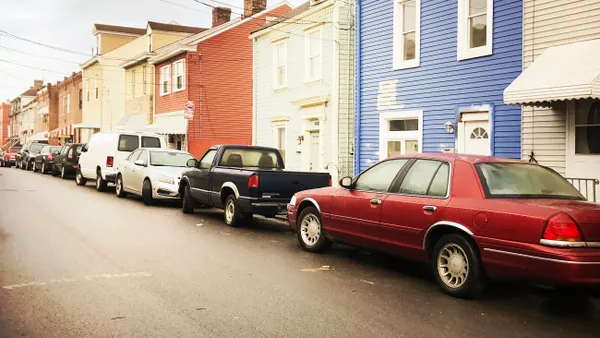Dive Brief:
- AT&T announced last week its 5G network has gone live in 10 U.S. cities. The network is available for users in Birmingham, AL; Indianapolis; Los Angeles; Milwaukee; Pittsburgh; Providence, RI; Rochester, NY; San Diego; San Francisco; and San Jose, CA. Customers can only use the network if they have a Samsung Galaxy Note10+ 5G smartphone and have either AT&T's Unlimited Extra or Unlimited Elite plans.
- The 5G network is in the low-band spectrum, which has slower speeds than millimeter wave spectrum but has a broader range, meaning it needs less infrastructure to be transmitted. Low-band 5G will play a large role in AT&T’s 5G coverage.
- The company pledged to soon have service in cities including Boston; Bridgeport, CT; Buffalo, NY; Las Vegas; Louisville, KY; and New York City, and promised to have nationwide coverage "in the first half of 2020."
Dive Insight:
All four of the major telecom companies — AT&T, Sprint, T-Mobile and Verizon — have made pledges about nationwide 5G rollout next year, and believe these initial forays into cities are crucial to demonstrate momentum in rolling out the technology.
While it is unclear exactly which telecom is winning the race to roll out 5G the quickest, AT&T has made several public moves toward putting out its network. In late December 2018, the company announced its 5G network was open to the public in sections of 12 cities, albeit only accessible through one of its mobile hotspots. And the company looked to show its progress towards 5G in a more cosmetic way by introducing "5G Evolution" technology — essentially souped-up 4G LTE — but that was the subject of legal challenges for misleading customers.
As 2020 begins, cities have expressed some concerns over the speed of 5G rollout in a process that has been led for the most part by private companies at the behest of the federal government. There are many issues ahead for city leaders as they look to embrace the technology, including over whether it will be effective in reducing the digital divide, will damage the environment and undermine climate goals. Experts have said there are exciting use cases that could benefit from 5G technology, so it will be incumbent to balance those needs and concerns as the new era in wireless technology begins.










